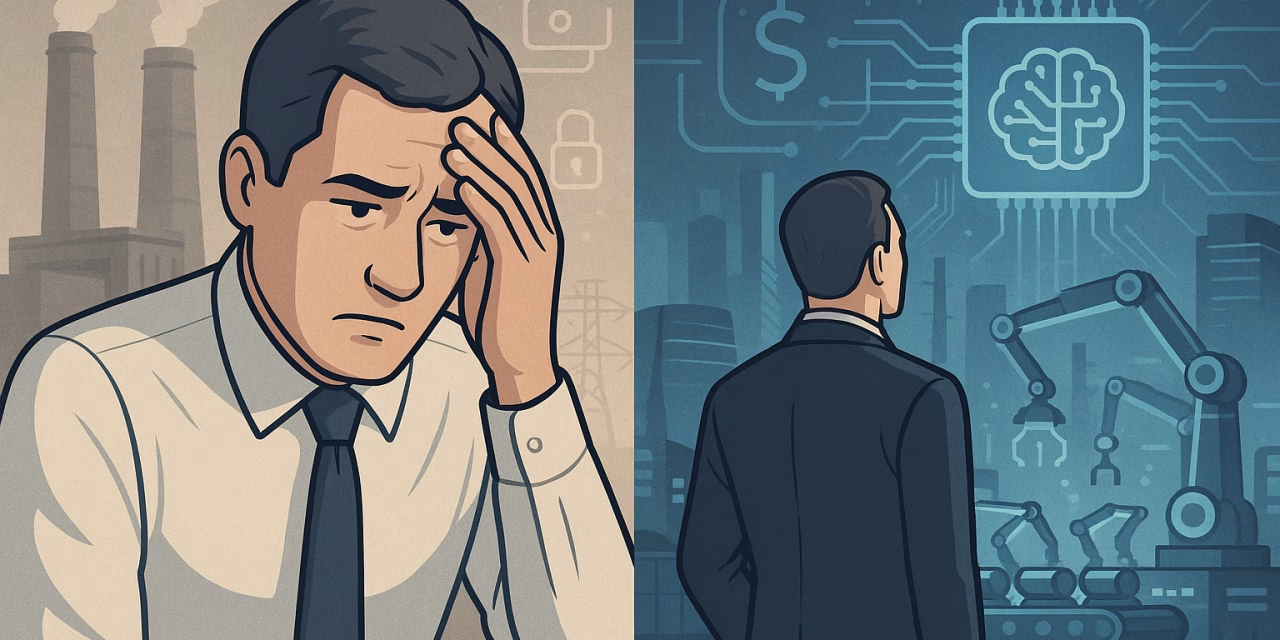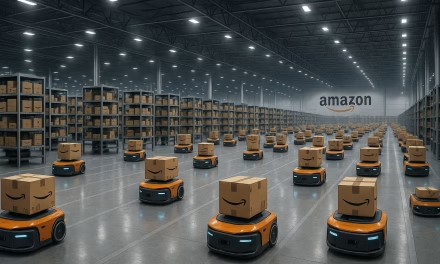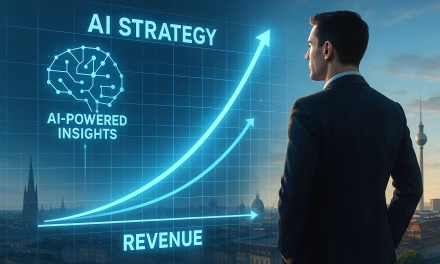July 4, 2025, marks a pivotal moment for businesses navigating the complexities of the Artificial Intelligence era, with significant developments highlighting the dual pressures of AI-driven job displacement and the urgent need for AI adoption to remain competitive, alongside the growing infrastructure challenges of large-scale AI.
Senior executives from major corporations including Ford, JPMorgan, and Amazon have issued stark warnings about AI triggering substantial cuts in white-collar positions across finance, HR, and administrative functions. The prediction that millions of roles could be replaced underscores the profound impact of AI on the workforce and the urgent need for corporate reskilling initiatives to prepare employees for a new era of work.
At the same time, PwC’s Chief AI Officer has emphasized that CEOs must accelerate AI adoption or risk obsolescence, warning that 40% of current business models may not survive the next decade without AI integration. This highlights the immense competitive pressure on businesses to not just adopt AI, but to fundamentally transform their operations and strategies around it.
The infrastructure demands of large-scale AI are also becoming increasingly apparent. Elon Musk’s xAI announced plans to construct a dedicated overseas power plant to support one million GPUs for AI model training, addressing the growing energy infrastructure challenges in AI development. This move signals that the future of AI is not just about algorithms, but also about the physical infrastructure required to power them.
Meanwhile, the widespread integration of AI technologies in financial services and online retail continues to accelerate, with a comprehensive report on “AI Transformation 2025” highlighting the global adoption, innovation, and impact of AI in digital payments and e-commerce. Consumer-facing companies are deploying AI across operations including marketing, supply chain management, customer service, and dynamic pricing systems.
The developments on July 4, 2025, collectively paint a picture of a business landscape at a critical juncture. The AI imperative is clear: businesses must navigate the complex challenges of workforce transformation, competitive pressure, and infrastructure demands to survive and thrive in this new era of intelligent automation.





